Serial killer survives his execution after 50 years on death row
A convicted serial killer who spent 50 years sitting on death row has miraculously survived his execution.
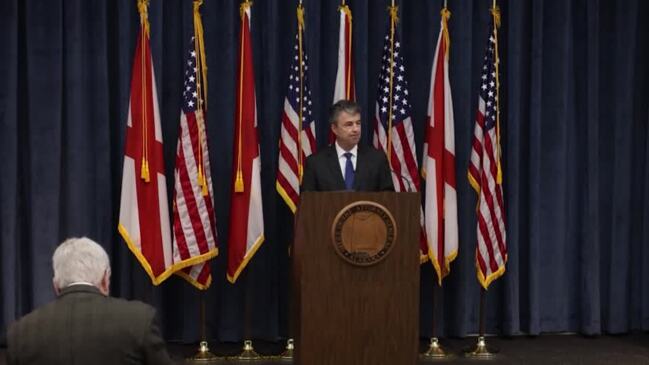
A convicted serial killer who has been in prison for almost 50 years has miraculously survived his execution.
Thomas Eugene Creech has been imprisoned since 1974 and was set to die by lethal injection a few weeks ago on February 28.
The 73-year-old has been convicted of killing five people but it has been suggested that he could be responsible for dozens more murders.
Creech is one of the longest serving death row inmates in the US and had prepared to finally meet his fate, even enjoying a decadent last meal of fried chicken, mashed potatoes, gravy and ice cream.
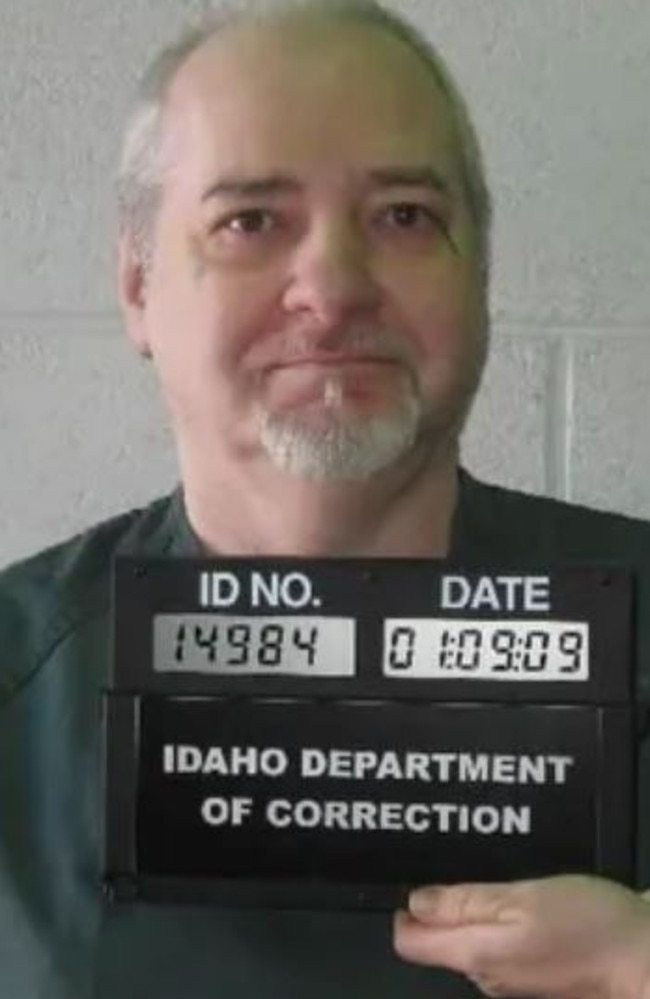
After spending what he thought would be his final moments on earth with his wife, he was given a mild sedative per departmental policy.
Then, it was time.
Creech was wheeled into the specially-built ‘execution chamber’ at the Idaho Maximum Security Prison in Kuna, Idaho, at 10am local time.
For almost an hour, workers tried to establish an intravenous line 10 different times, but ultimately gave up.
At 10:58am, the warden was seen walking over to the prisoner and whispered in his ear, before announcing that the execution was cancelled.
“The medical team could not establish an IV line, rendering the execution unable to proceed,” Idaho Department of Corrections Director, Sanda Kuzeta-Cerimagic, said in a statement.
Six state officials and four reporters looked on as the medical team behind the execution attempted to make contact in his hands, feet, legs and arms.
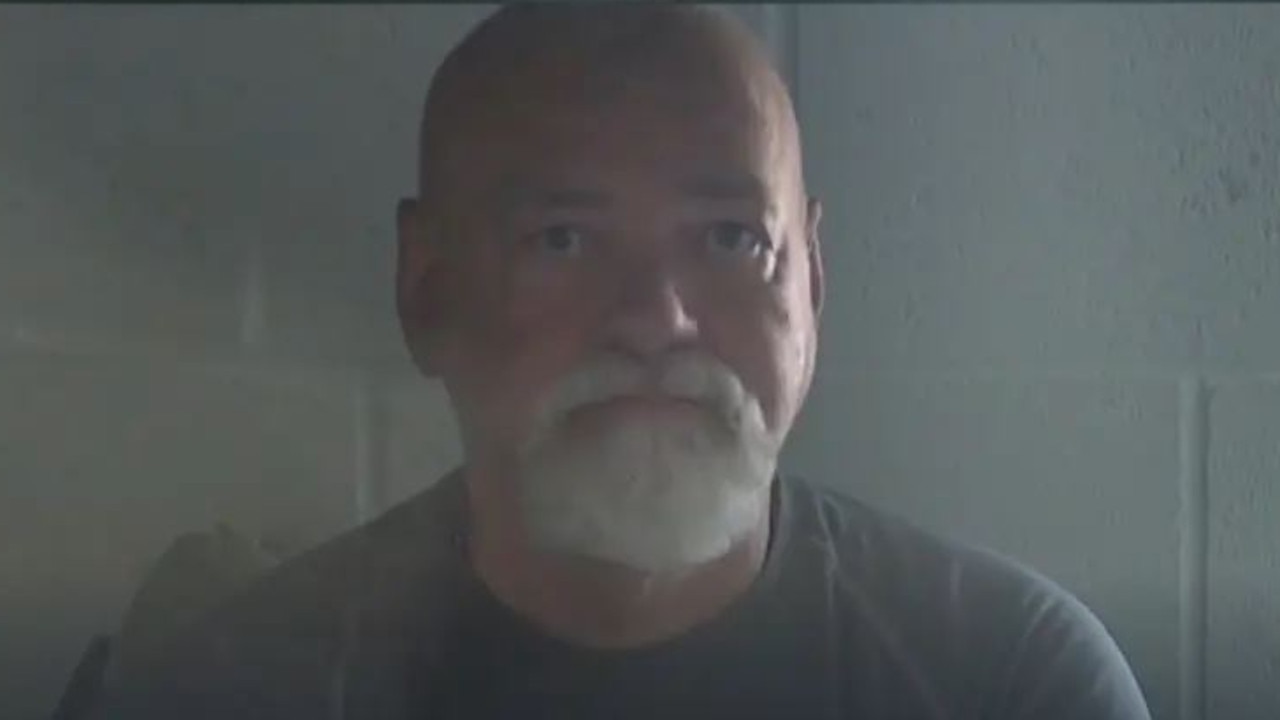
One team member even left the execution chamber to get more supplies.
With each attempt to insert an IV, which took several minutes, the medics had to clean Creech’s skin with alcohol, inject a numbing solution, clean the skin again and then try to place the IV catheter in a vein.
Witnesses say that the prisoner, whose arms were strapped to the table, extended his fingers toward his family members and advocates sitting in a separate viewing room.
He was also spotted mouthing the words, “I love you” to someone.
On the Death Penalty Info website, it simply says that the outcome of his execution was that it was “halted” because the “medical team could not establish an IV line, rendering the execution unable to proceed”.
The team conducting the lethal injection included volunteers who were required to have at least three years of medical experience, according to the state’s execution protocols.
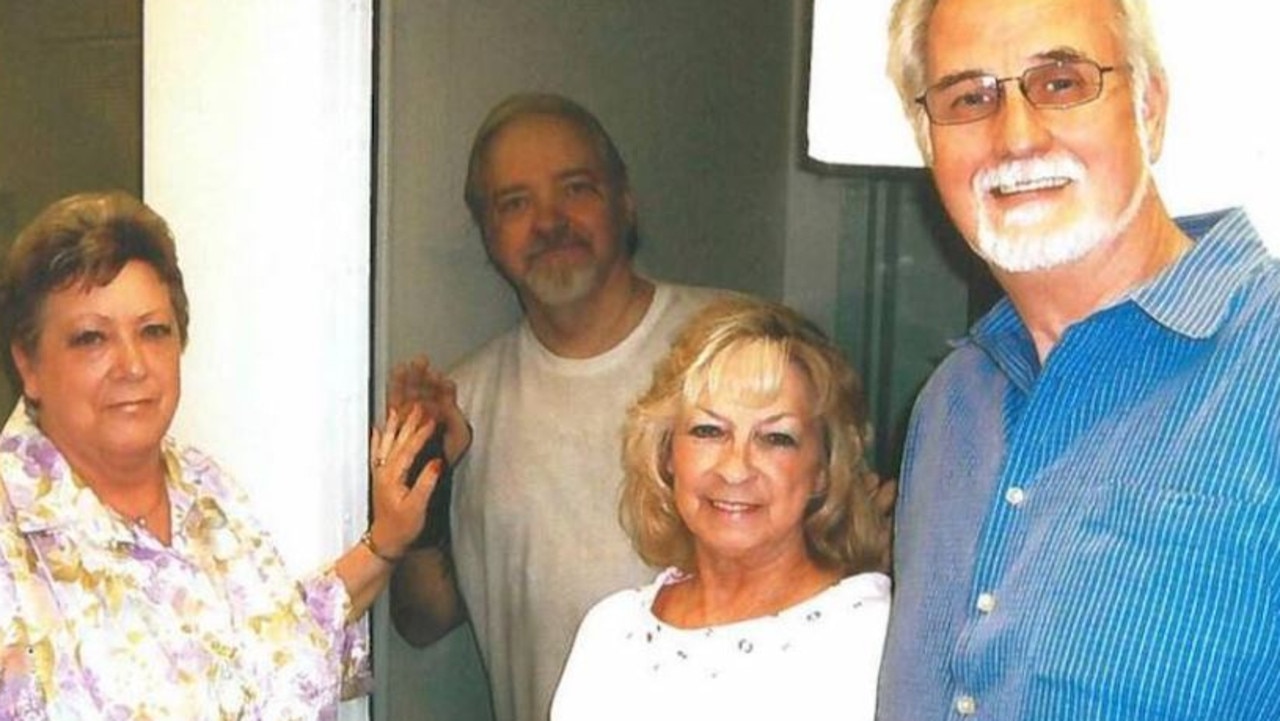
“We are angered but not surprised that the State of Idaho botched the execution of Thomas Creech today,” his lawyers said in a statement.
“This is what happens when unknown individuals with unknown training are assigned to carry out an execution.”
The identifies of those individuals who carry out executions in the USA remain protected by the state.
What happens next?
Creech’s legal team immediately filed a new motion for a stay in US District Court.
“Given the badly botched execution attempt this morning, which proves IDOC’s inability to carry out a humane and constitutional execution, undersigned counsel pre-emptively seek an emergency stay of execution to prevent any further attempts today,” they said.
Creech’s death warrant has now expired and it is unclear when they may attempt to execute him again or what the next steps will be.
It has been hypothosised that Creech might be executed using another method, including the newly introduced nitrogen gas.
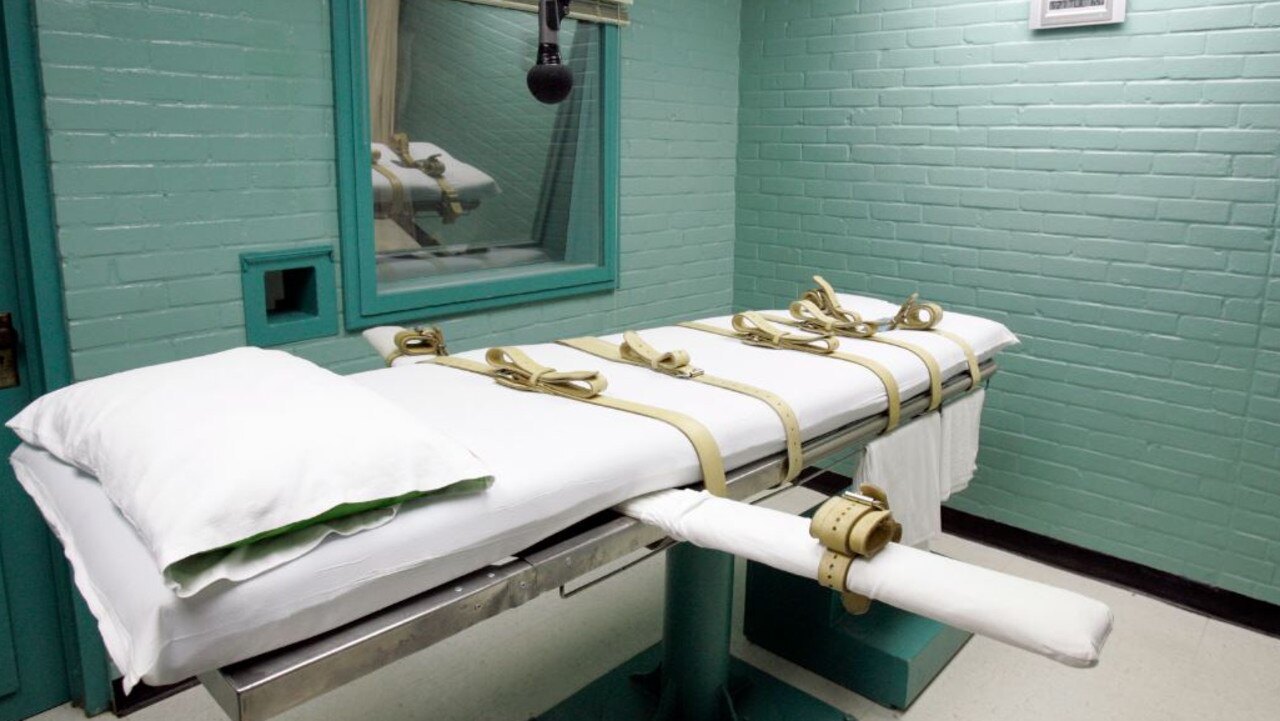
His legal team may argue that it would be unconstitutional to put him through the execution process a second time, but they may not be successful.
Lawyers representing death row inmate Kenneth Eugene Smith told the Supreme Court it would be “cruel and unusual punishment” to try to execute Smith again after a failed lethal injection, but his final appeal was rejected and the state of Alabama executed him in January using nitrogen gas.
Do executions fail often?
Creech is one of several death row inmates who have had their executions halted in recent years after medical staff has trouble placing an IV line.
It is a problem that has lingered since the United States carried out its first lethal injection in 1982.
In 2022, 35% of the 20 execution attempts were botched because of the incompetence of executioners, failure of protocol or flaws in the protocol design, according to the Death Penalty Information Centre.
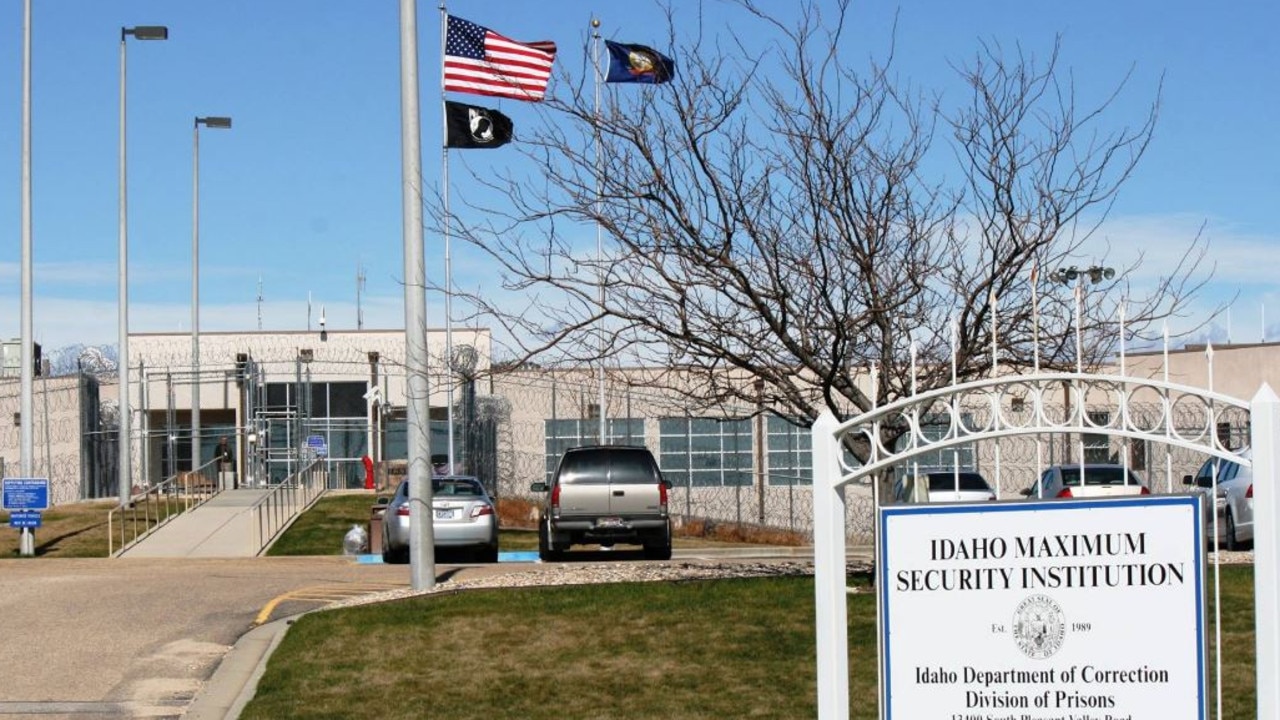
There are many reasons why medical staff may have issues finding a vein for the execution.
Some factors include dehydration, stress, room temperature and certain illnesses.
Another problem may be that the person inserting the IV line during an execution lacks experience.
Thomas Creech’s crimes
While he has only been charged with five murders, Creech himself has admitted to slaughtering at least 42 others by the time he was in his mid twenties, according to the Idaho Statesman.
However, many believe this could be an exaggeration. While the numbers vary, it is generally believed that police have linked him to at least 11 murders.
The Ohio born man was originally sentenced to death for killing John Wayne Bradford, 40, and Edward Thomas Arnold, 34, in November 1974, after the men picked a hitchhiking Creech up from the side of the road.
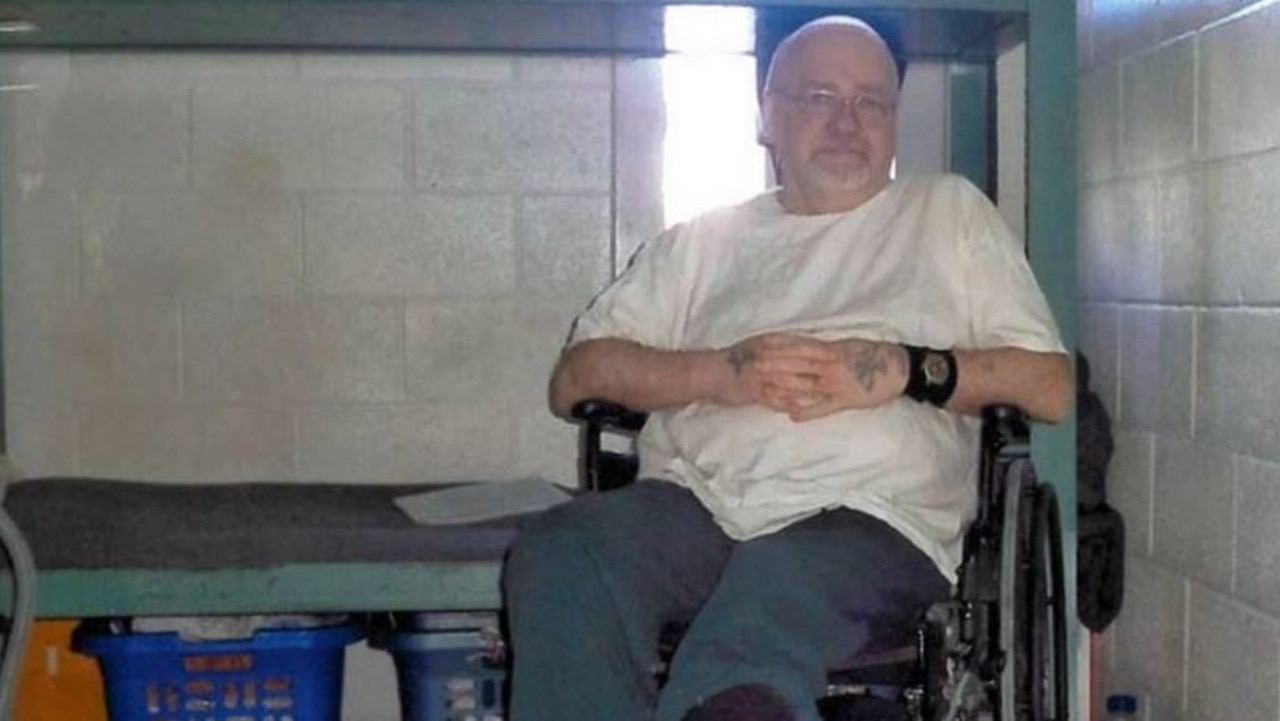
He then turned his gun on the two house painters and killed them, before burying their bodies on the side of a nearby highway in Donnelly, Idaho.
He was also found guilty of the June 1974 murder of Vivian Grant Robbinson, 50, in Sacremento, California, and of the shooting death of William Joseph Dean, 22, in Portland, Oregon two months later.
In 1976, Creech’s death sentence was commuted to life imprisonment, citing that his sentence violated the state’s then-illegitimate death penalty statutes.
However, just five years later, the killer would murder again – this time inside the prison walls.
In May 1981, Creech killed his 23-year-old disabled inmate David Dale Jenson, a convicted car thief, after attacking him with a sock full of batteries.
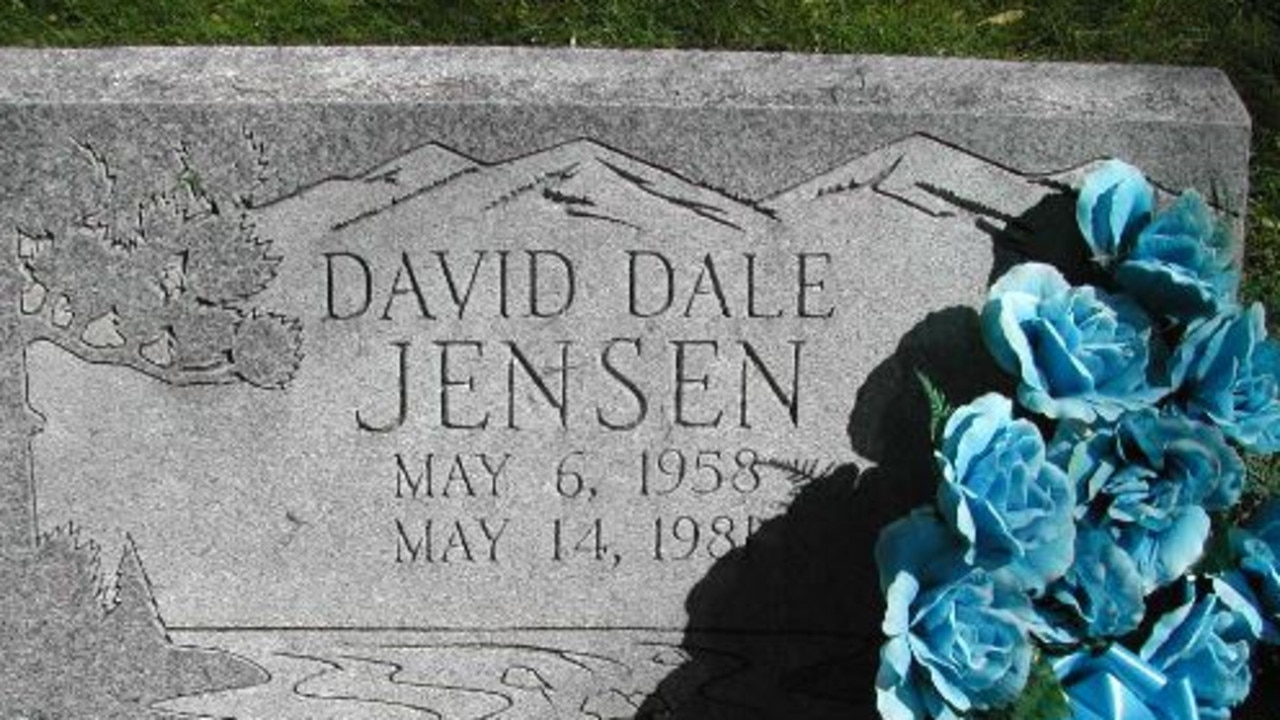
It was this crime that would send him to death row for a second time.
According to local media, Creech is mostly known in prison as just “Tom,” a generally well-behaved old-timer with a “penchant for poetry”.
“Some of our correctional officers have grown up with Tom Creech,” Idaho Department of Correction Director Josh Tewalt stated.
“Our warden has a long-standing relationship with him. … There’s a familiarity and a rapport that has been built over time.”
According to the Death Penalty Information Center, only three people have been executed in Idaho since 1976, and there are currently eight inmates on the state’s death row






